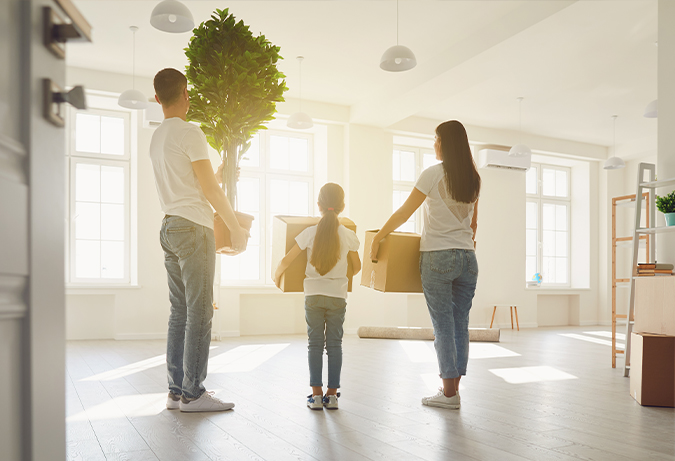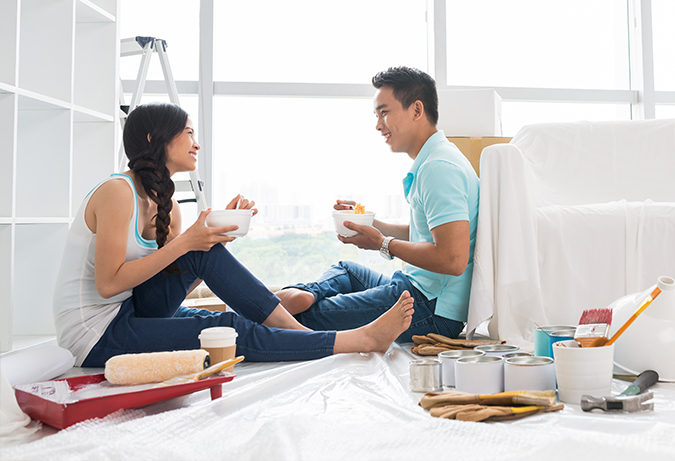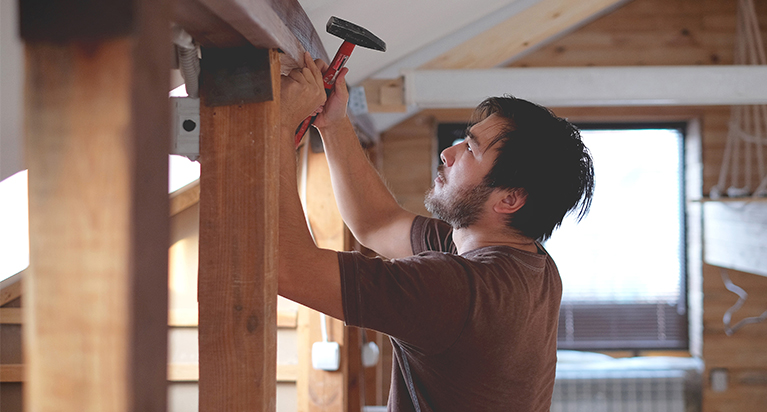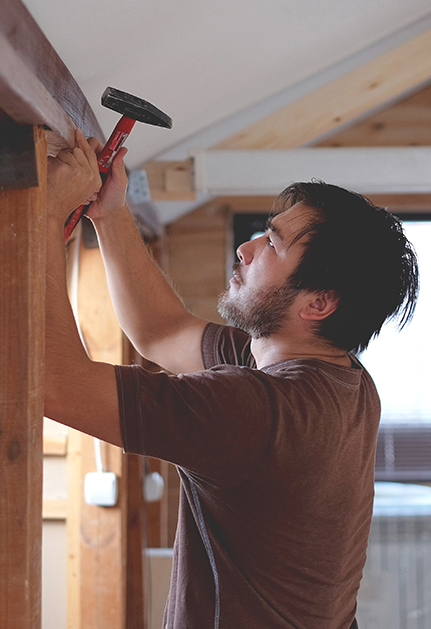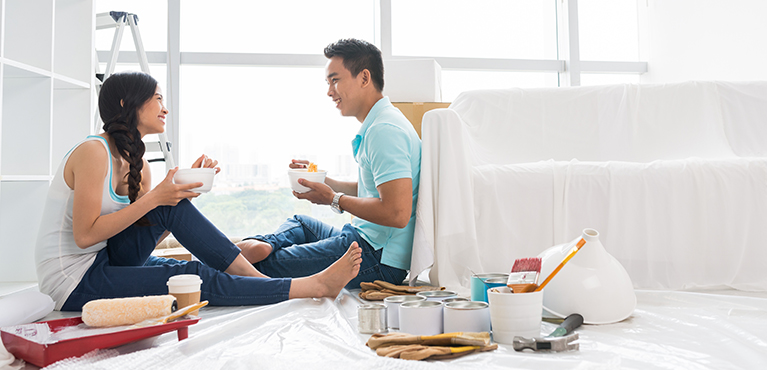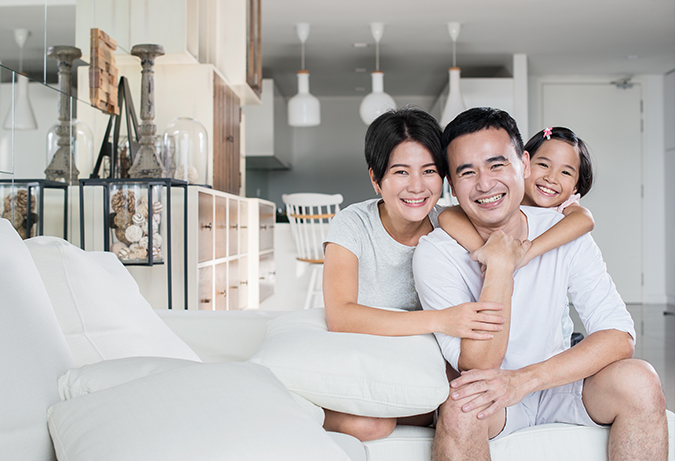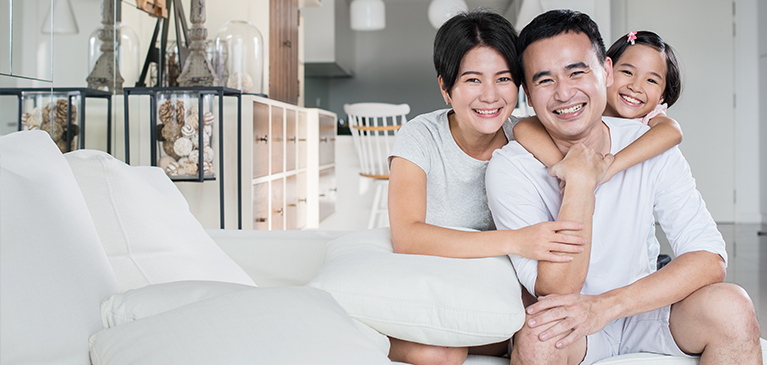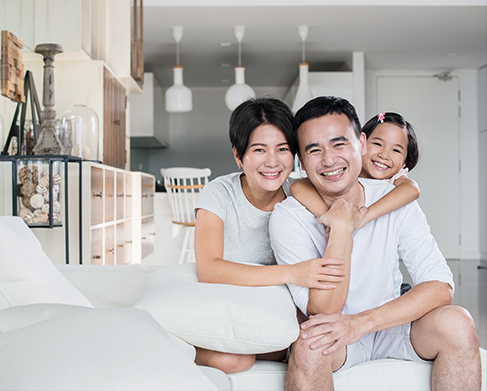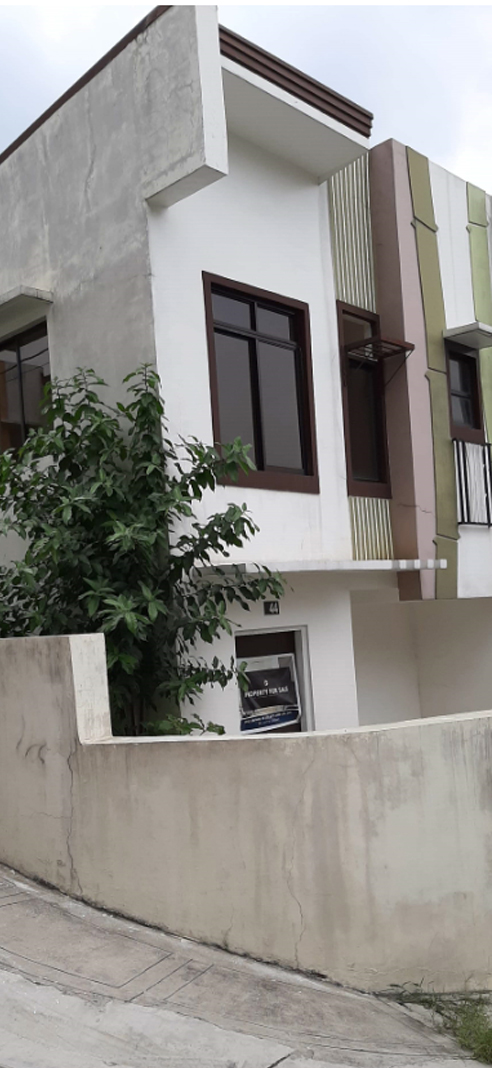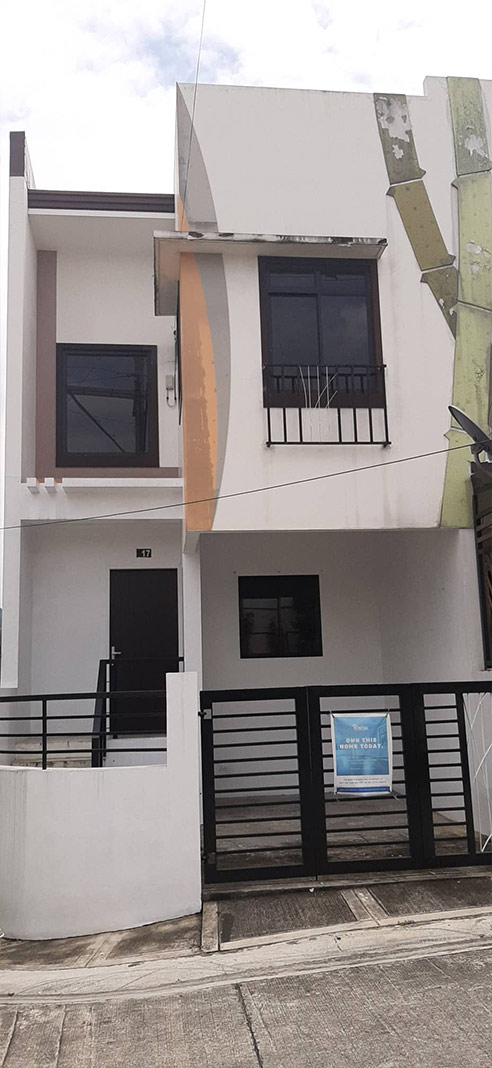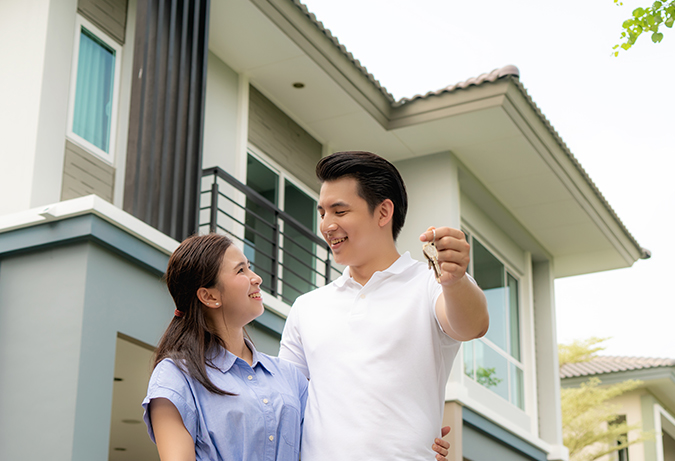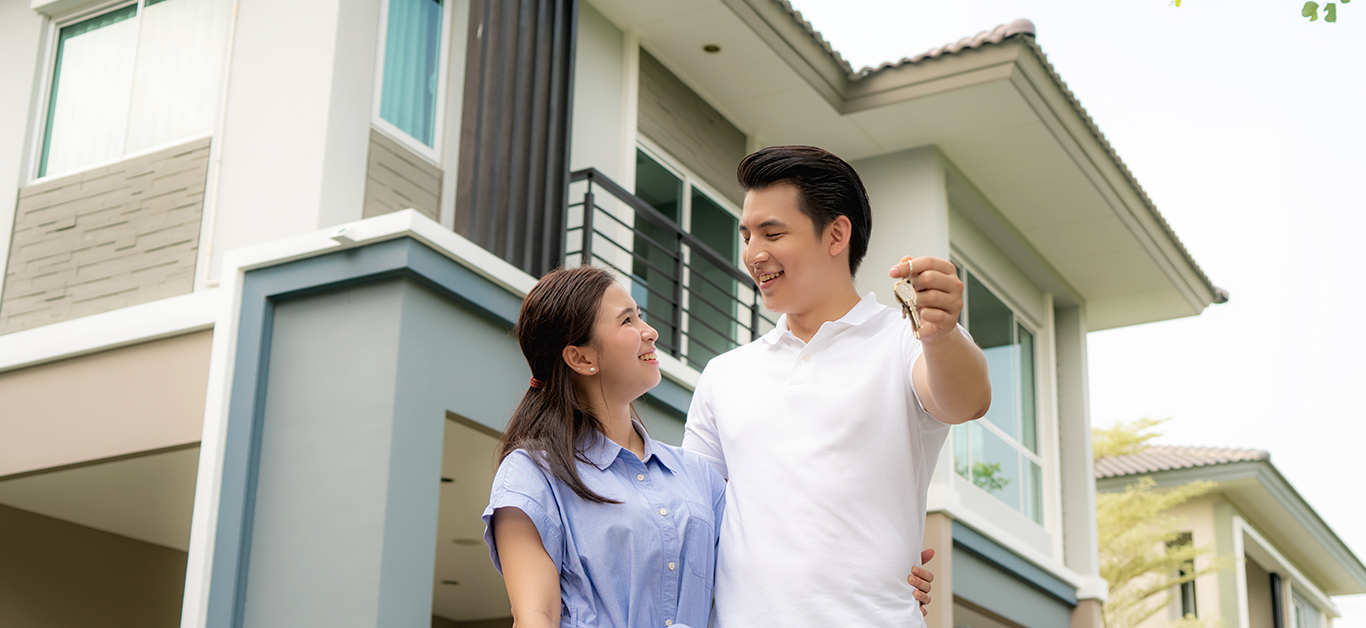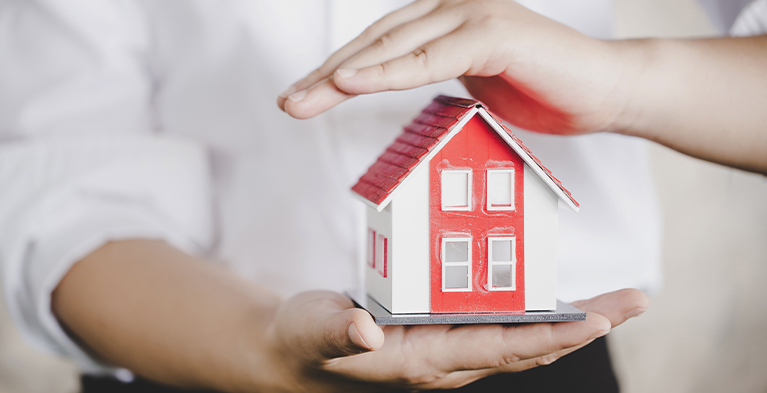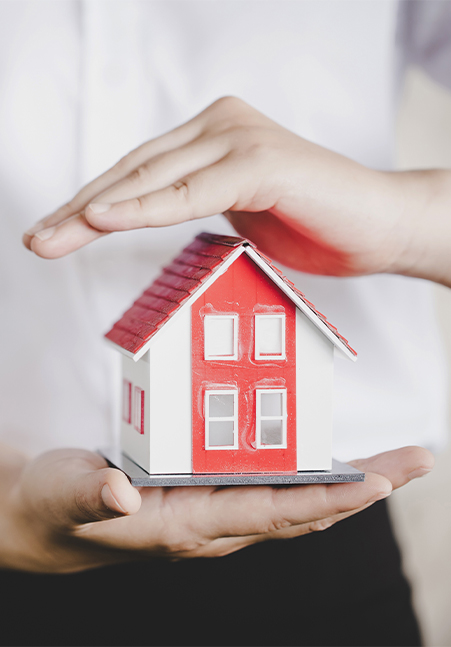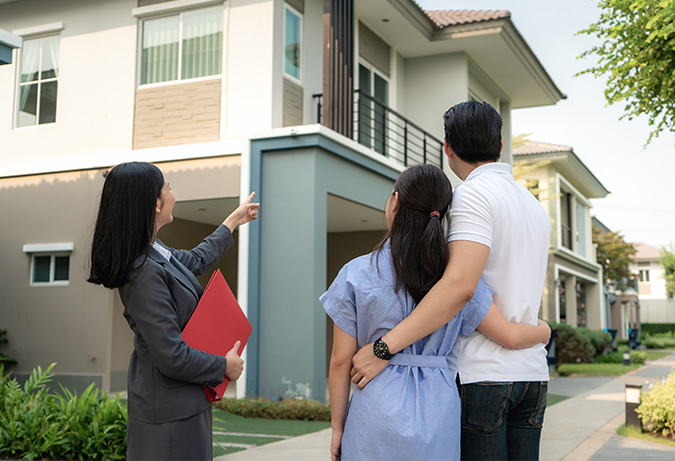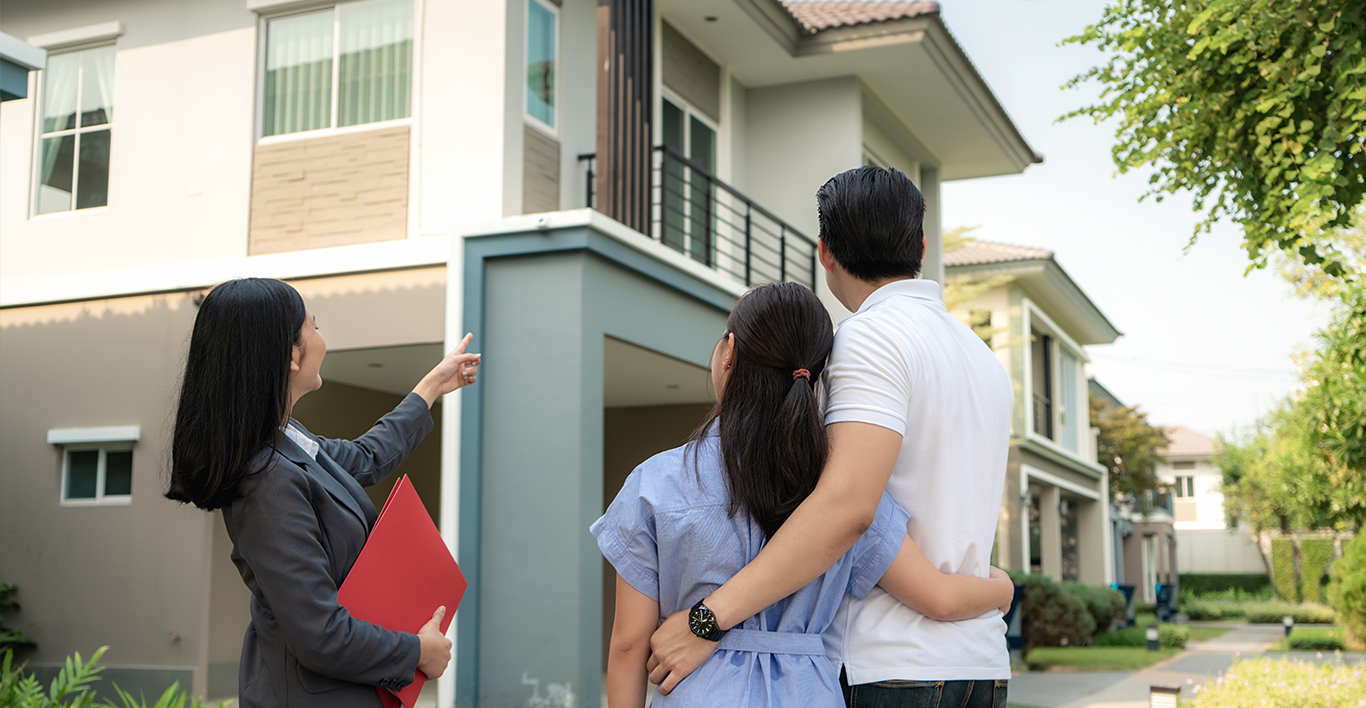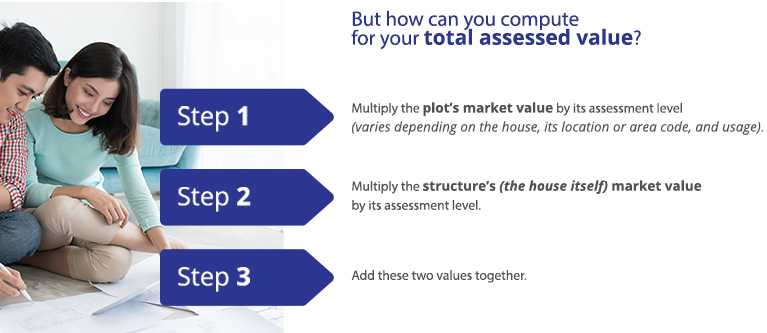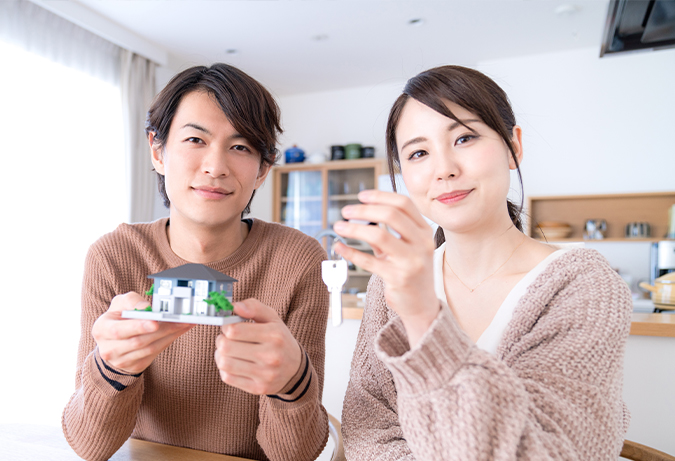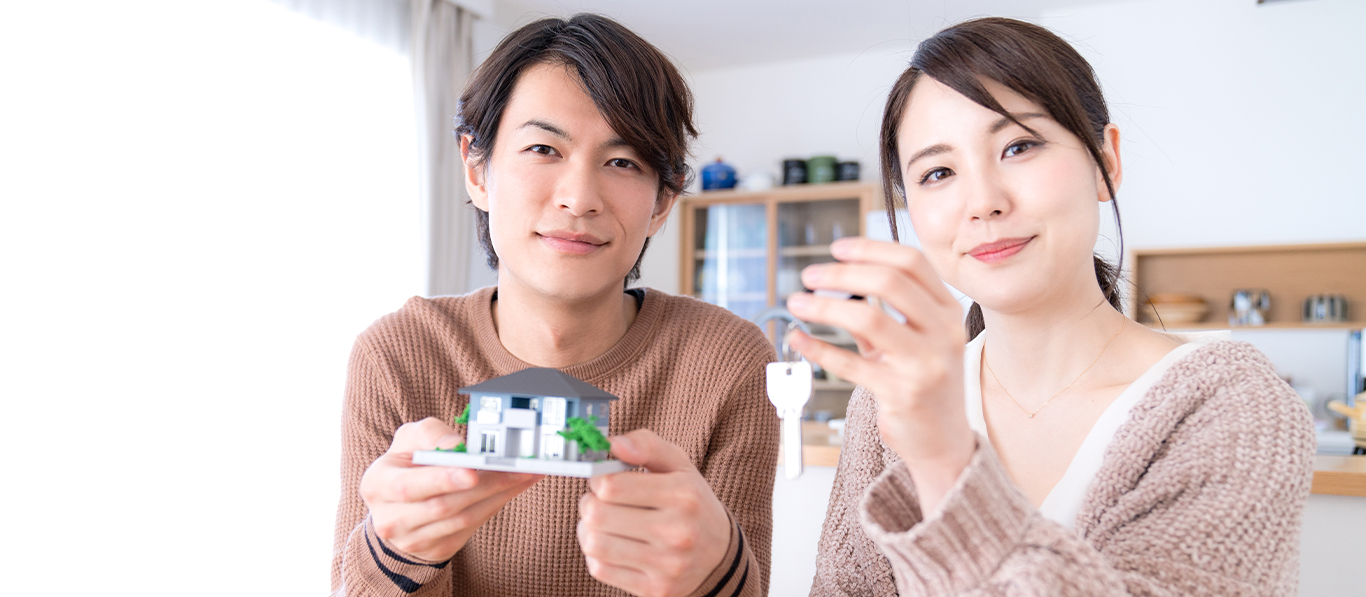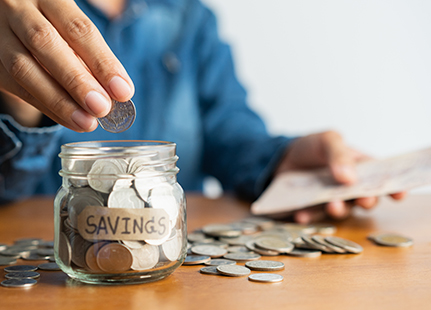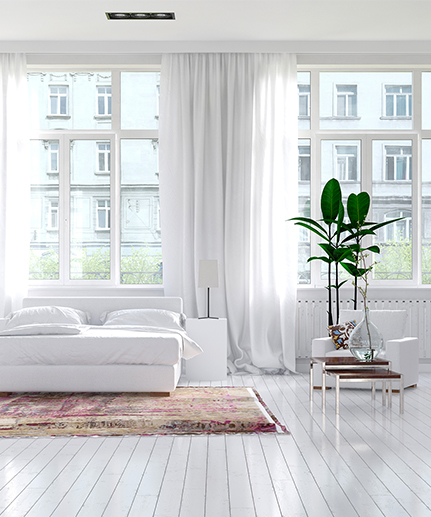Finding a Home in the New Normal: 6 Things to Look Out For
September 27, 2021 | by HC Mutual
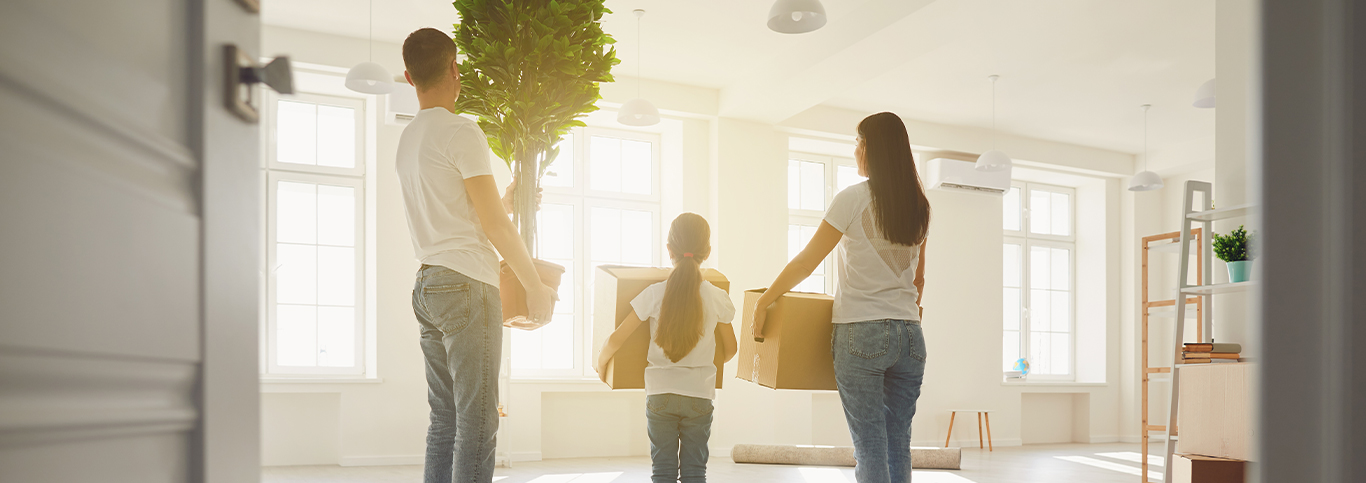
Owning a home is the dream for many Filipinos. But because of COVID-19, many of us have placed building or buying property on the back-burner to prioritise the essentials and to adjust to our world in the midst of a pandemic.
As we adapt to the new normal, people are coming back to the market to look for their dream homes—and we’re here to help you find the right fit for you if you are one of them. We’ve listed down some tips and things to look out for online when choosing or shopping for your new home.
1
Set your budget.
Before you browse listings or contact a real estate agent, set a budget to make sure that you can find a home with everything you need. Factor in the price of the property PLUS any additional expenses like taxes, renovations, insurance, and utilities.
First time buying a home? Read our guides on property fees and taxes and house shopping.
2
Double down on comparing interest rates.
Finding a nice home may make you want to close the deal immediately. However, look at your other options first and compare interest rates, prices, and the property’s value for money. Developers and sellers offer more competitive rates now because less people are actively looking to buy real estate.
3
Ask for photos, videos, or virtual tours.
Expect to look at homes or even close the deal without actually visiting the space because of restrictions and safety regulations. Don’t be afraid to ask for multiple photos and videos of the different parts of the home. Ask for close-ups and video calls to make sure that the property is in good condition.
Collect milestones in your first home.
Get on track to achieving your dreams for the future with a flexible and hassle-free loan. HC Mutual designed the KayaMo Home Loan to make it easier for Filipinos to own a home.
- Php 450,000 to Php 20M loan amount
- Payment holidays extension in case of emergencies
- 1-year Accidental-Life Insurance coverage worth Php 500,000
4
Research the area’s internet providers.
One major factor to consider in our new normal is your internet connection. With online classes and the work from home setup for some employees, make sure that your WiFi is stable and can handle multiple device connections at all times.
5
Consider the number of rooms.
Your living space is especially important today. In case a member of your family needs to quarantine, would you have a designated room or area for self-isolation? Having enough space is also good for your family’s health and well-being in the long run. By preventing overcrowding in your home, you lower the risk of disease, stress, and sleep disorders.
6
Check the neighborhood’s accessibility.
With how unpredictable these times can be, having access to essential establishments like grocery stores and hospitals is vital. Alternatively, make sure that your home can be reached by couriers, food deliveries, and the like.
Above all else, consider what you want and need, your comfort, and your safety. These are the most important factors to consider because your home is where you build up the future with your family.
SHARE
